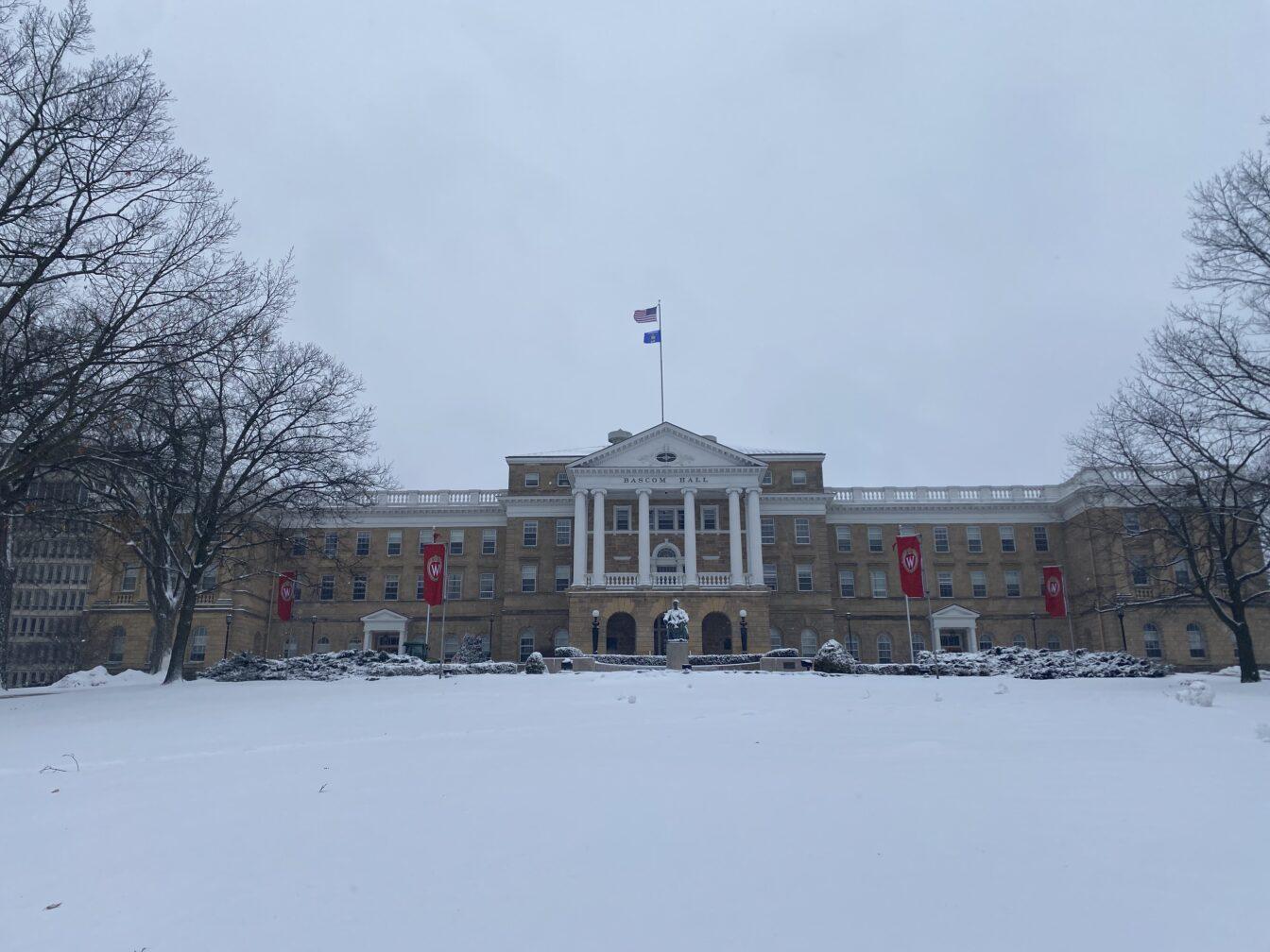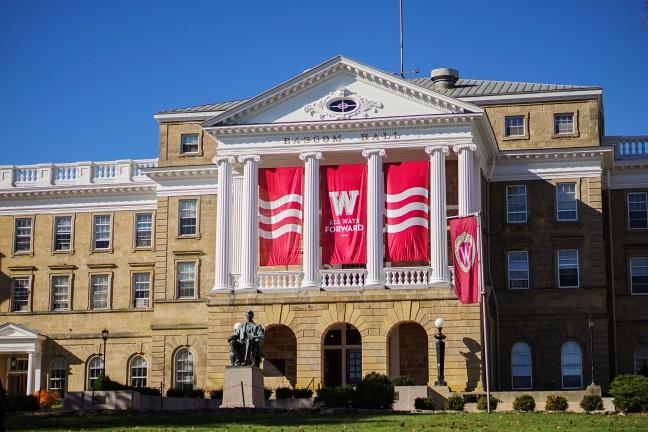We have given Chancellor Martin one semester to gather staff and formulate policy before passing judgment on the direction she plans to take at the University of Wisconsin. Given all we have seen thus far, we are guardedly optimistic.
In light of the projected $5.4 billion state budget shortfall, Martin has taken steps to limit state-sponsored university travel and freeze non-essential hiring. However, by allowing deans to determine what counts as essential hiring, she gives the university the flexibility necessary to maintain its status as a premier academic institution, even during trying economic times.
By asking deans to evaluate programs on a case-by-case basis — instead of insisting on across-the-board reductions — Martin seeks to do what is best, not fairest, for the university. To remain a world-class establishment, we must act strategically. The chancellor has her priorities right in seeking to protect our strengths first and then addressing other programs.
In addition to a proactive evaluation of the budget, she has also appointed School of Business Dean Michael Knetter to lead a task force charged with developing strategies to establish the long-term stability of university funding. We not only applaud the chancellor’s selection to head this committee — Knetter is well-respected within his field and has advised former Presidents Bill Clinton and George H.W. Bush — but also commend the foresight with which this committee was formed.
Another important personnel change within the chancellor’s office is the resignation of Provost Patrick Farrell. Although we are grateful for his years of service within UW administration, we feel it was time for his return to the College of Engineering. Farrell is the product of former Chancellor John Wiley’s administration. Given that Wiley’s administration placed more emphasis on conventional higher education challenges, Farrell seems ill-equipped to handle the drastic reorganization that will almost certainly accompany the coming budget crisis.
In doing all of this, Martin has taken pains to ensure the student body remains involved. Although her listening sessions at the end of last semester were decidedly ill-timed, a fourth session will be held Jan. 22 so those of us too busy with finals will be afforded the opportunity to weigh in. Her campuswide e-mail was frank in its treatment of the situation and earnest in its desire for student input on these important decisions.
While we do not share her optimism that the federal government will whisk away our money problems, we share her position that a tuition raise must be part of the solution. This is not welcome news for many of us, but we can take solace in the fact that the same sacrifice is being asked of faculty and staff. Plans to rectify the much-publicized salary disparities experienced by UW faculty have been cut slightly to accommodate the bleak economic outlook.
Despite our initial misgivings at the beginning of her tenure, Martin has provided strong, steady direction on the budget issue. She has made the right appointments, set the correct priorities and effectively engaged the student population. We are impressed by her work thus far and urge her to continue to exercise such leadership and wisdom in the coming months.












